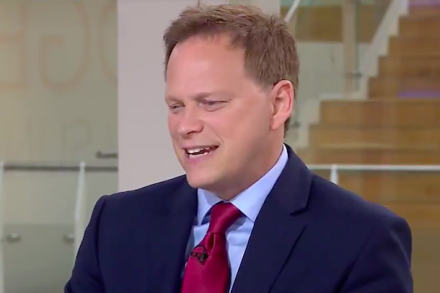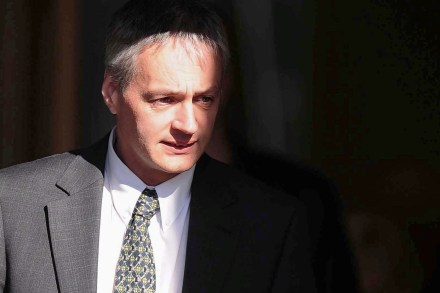The public health plot against large wine glasses
Professor Dame Theresa Marteau seems to have something of an obsession about glasses and tableware. In the last ten years, she and her team at Cambridge university have carried out numerous experiments in the bars and restaurants of Cambridgeshire to see whether restricting the size of wine glasses reduces the amount of wine consumed. This has yielded a mixed bag of evidence. When they combined their findings in a ‘mega-analysis’ (sic) in 2020, they found a possible effect in restaurants but not in bars. Marteau nevertheless suggested that ‘regulating wine glass size is one option that might be considered for inclusion in local licensing regulations.’ Anyone who believes (wrongly) that





















